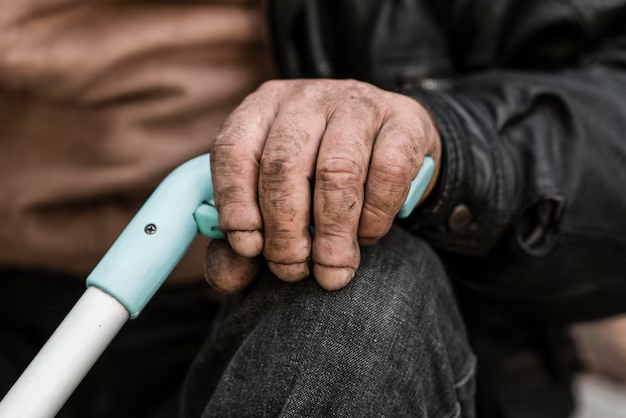Discovering Hope House: A Lifeline for the Homeless
As the sun sets in the city, some people are left searching for a place to rest their heads—a sanctuary away from life’s difficulties. Hope House Homeless Shelter stands as a beacon for those seeking refuge and a fresh start. More than just a shelter, Hope House is a cornerstone for rebuilding lives, offering not only temporary housing but also essential services and support for individuals striving for stability.
Partners in Change
Hope House collaborates with a myriad of local and national organizations to extend its reach beyond providing a bed for the night. With a focus on holistic support, clients receive resources tailored to their unique situations. By offering guidance in areas like mental health, employment, and education, the shelter serves as a partner in the journey toward self-sufficiency.
Laying the Foundation for Financial Independence
For many, overcoming homelessness involves managing financial challenges that are often compounded by unexpected life events. At Hope House, individuals gain access to financial coaching, helping them navigate budgeting and regain control over their finances. This foundational support aims to empower clients, reducing the risk of returning to homelessness.
Key aspects of financial support include:
- Budgeting Workshops: Skills to track expenses and income effectively.
- Debt Management Advice: Strategies to address and repay outstanding debts.
- Credit Repair Guidance: Steps to improve credit scores and secure future financial opportunities.
Bridging the Gap with Government Aid and Financial Assistance
While shelters provide immediate relief, long-term solutions often require additional resources. Thankfully, several government aid programs and financial assistance options are available to help individuals transition from homelessness to permanent housing.
Noteworthy assistance programs include:
- HUD Programs: Offering rental assistance through vouchers and subsidies, these programs enable individuals to secure affordable housing.
- SNAP Benefits: Ensuring access to nutritious food, allowing individuals to focus on rebuilding their lives with one less worry.
- Low-Income Home Energy Assistance Program (LIHEAP): Helping families manage heating and cooling costs to maintain a comfortable living environment.
Education as a Catalyst for Change
Education plays a crucial role in breaking the cycle of homelessness. By gaining access to educational grants and learning opportunities, individuals can improve their employment prospects and secure a brighter future.
Opportunities available include:
- Pell Grants: Federal funding for postsecondary education based on financial need.
- Workforce Innovation and Opportunity Act (WIOA): Offers career and technical education to enhance job skills.
- Community College Programs: Affordable courses that provide a stepping stone to further education or direct employment.
A Path to Rebuilding Lives
For many, finding shelter at Hope House is the beginning of a journey back to stability. With a comprehensive approach that includes immediate relief, financial literacy, and employment opportunities, the shelter acts as a springboard to sustainable independence.
By taking advantage of the myriad resources available—from government aid to education grants—individuals can overcome homelessness and construct a life of self-sufficiency and hope.
Here's a quick look at some programs and opportunities to consider:
- 🏠 HUD Programs: Rent assistance to secure affordable housing.
- 🍽️ SNAP Benefits: Access to food assistance.
- 💡 LIHEAP: Support for managing energy bills.
- 💳 Debt Management Plans: Assistance with consolidating and repaying debts.
- 🎓 Pell Grants: Financial aid for education based on need.
- 🔧 WIOA: Skills training for employment.
With the right support, Hope House and other resources pave the way to independence and a stable future.

